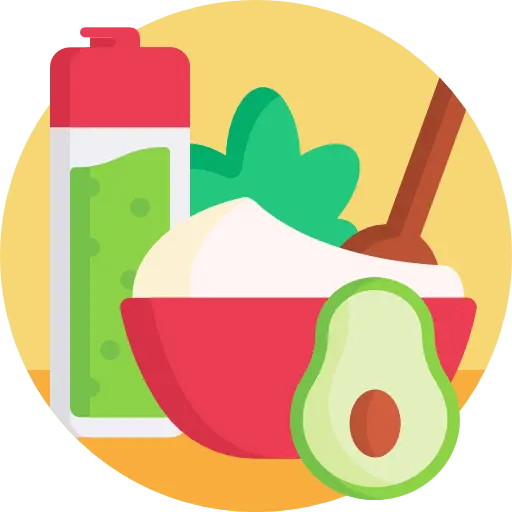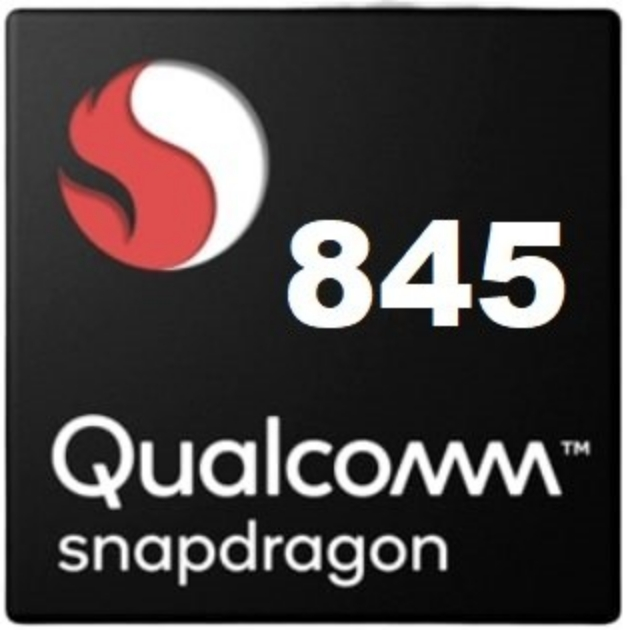- 21 Posts
- 45 Comments
Android now working
Today I tested NoShore on Android (in Termux) and fixed some errors that prevented a smooth
setupprocess.Clone branch v0.1.1 to get the lastet version:
git clone --branch v0.1.1 https://gitlab.com/fullmetalScience/noshore.git ~/xmr.zone/noshore
Happy anniversary! Thanks for maintaining this space!
This sure clarifies the circumstances. I appreciate the explanation and went on to verify the claims.
Here are the corresponding Etherscan-links to spare others the hassle:
- [0x2274] MONEROCHAN creation
- [0x2274] Uniswap funding / locking
- [0xB9A1] Buying 789,420,933 (at time of writing)
- [0xB9A1] Burning of 383,913,580 (at time of writing)
So far I couldn’t detect any discrepancies. Note that, on Blockchair, whale.monerochan.eth appears to resolve to
0x0000000000000000000000000000000000000000, while airdrops come from 0x4642, after being funded by 0xB9A1.Thank you for the onboarding!
The text has some … “orange” flags.
For example, burning 25% doesn’t make sense when you decided on the supply to begin with and “100 % fair distribution” isn’t possible in the given scenario.
But then again, meme coins are all about not making sense, and some play may actually lead to the desired exposure. Let’s get Monero some marketing:
0xe746433469235aB0D5cc404b592C9634eF2ECB1D
It does make sense that the tables are for Monero-exclusive applications. Loaded GUI’s lead to user confusion and thus errors.
Think absolute beginner: “I installed that secure app you recommended and bought <thatothercoin> and happily transacted and now you say that wasn’t secure?!”
According to my recent test, the premium was 4.7 percent compared to spot rates, hence their pricing is not competitive and Bitrefill remains without a serious contestant. There you’d only pay the ~0.5% fee for going through an instant exchange in order to have your XMR arrive as BTC.
EDIT: Now, a day later, I did another test and got percentages from 1.8 - 2.0 % which is much more reasonable.
Hint: To quickly get the hidden fees of any purchase, execute units like this:
./units.sh '<xmr-cost-at-checkout> XMR' '<EUR|USD|...>'or./units.sh '<xmr-cost-at-checkout> XMR / <value-in-fiat> <EUR|USD|...>' '%'for the total percentage asked.
Adding the image seems to have removed the original URL … while maintaining the link’s description. I suspect a bug (@admin?).
In any case, I’ve added an explicit link at the end of the original post.
For those seeking to trade more efficiently on the platform, I just published a tool for updating TradeOgre-orders from the command line: Terminal-Interface to TradeOgre

 2·2 years ago
2·2 years agoThat data would likely not make much difference, apart from being even less reliable.
“Case” is a blurry term to begin with and case-rates, as seen from 2020 onward, are rather arbitrary numbers.
Back when AIDS was prominent in media, definitions would be changed on-the-go: While initially only a positive test result would be a “case”, later, a collection of symptoms would suffice. Sometimes this can be seen on the charts as rather sudden deviations.
Above all, knowing a case-rate wouldn’t answer the core question:
Was there ever a virus to begin with?
The facts gathered so far - some of which outlined in the video - steer the answer towards a strong “No.”

 21·2 years ago
21·2 years agoNow this is a thorough resource!
The Corona-Report at https://fullmetal.science/corona has been needing an update for a long time, so I’ve taken this as inspiration to add some explanation and include a link.
I have been giving our last thread some more thought and realized that now is really is the best time to dismantle the belief in imaginary monsters and return to a sane perspective on health.
Curiously, most ended up preferring a less readable XMR ID, leaving many common and given names available.
Maybe this is because nowadays we tend to assume the good ones online to be taken - so it’s actually a great idea that you point that out! Let’s see how it affects the trend.
It’s a command-line interface that allows you to do “anything Monero”. You will find details in the linked resources and can get a better idea by looking at the screenshots.
more aliases are available to register
This one is technically not true until you add Punycode support - and only if you manage to remain below XMR.ID’s user count by that time :D
(Without Punycode, staying RFC-compliant, and applying XMR.IST’s restriction of 30-characters max, we could provide roughly a count of
30^37-1-<amount of users>, but even if we had a 10-chars limit, the number would still be unfathomable.)Welcome to the space - it feels less lonely now!

 3·2 years ago
3·2 years agoIn personal discussions, people of such credentials confirmed that they also just “trust the [academic] process” and “don’t have time” to check the foundations of their convictions. And that they didn’t know, but “there surely was someone specialized” who does.
More clearly, in this context, saying you trust your mate is equal to saying you trust your recorder that is replaying the cassette that someone happened to have left in it.
Personally, when I opened the link yesterday, I wondered if I was looking at a product for 4-year olds: Big round shapes, bright colors, … and nothing that would give me a clue about what I am actually looking at.
I might simply not be in it, but who’s the target audience here?
The issue here is that as long as people (are allowed to) retain their ability to attribute all the atrocities to human error/mismanagement, they have little-to-no incentive to actually realize how the world works and why they themselves are the issue.
By propagating content that supports the narrative, we only extend the suffering at large.
For people who are convinced of virus existence, I have a set of questions that gently have them realize that they don’t know anything about the topic. From there they have the possibility to find answers to more advanced ones like those:
Thank you!
XMR.ID is two domains from separate registrars (Indonesia and Canada), ran from two different nameservers (providers in Iceland and Nevis).
Then, with a third party entity (not me), users get an independent monitoring account (USA) that alerts them directly in case of unexpected changes.
As far as DNS is concerned, this is as censorship-resistant as it gets. Nevertheless, I am constantly evaluating new technologies that could be added into the mix to fortify this further in regards to both, censorship resistance and security.
Working with what is there, for example, since you get one
username.xmr.idand anotherusername.xmrid.com, my tools will query both and compare the results. A match will be stored locally. Next time you want to send to the same recipient, all three locations will be compared. Devs of any wallet can decide to do the same.The ideal scenario, security-wise, is when you give somebody your XMR ID in-person and glance at their screen for the peace of mind that it resolved to your destination (and then they persist it in their local Monero client’s address book).
Personally, I have both, the full Monero destination and my XMR ID, printed on my business cards. A sender can enter the short ID and check if it turned into the long destination on-screen. (Why no QR codes? Most people do not know how or are not set up to scan with their PC’s, so non-mobile users would be left out.)
That’s a “quick” response that turned out a bit longer than expected - If you see any potential for improvement, shoot :)
I’ll be happy to look into any promising suggestions!
Oh. XMR.ID is not an email service.
Names simply resolve to Monero destinations to simplify payments for the sender.
The two formats
whatever@example.organdwhatever.example.orgwere chosen by the designers of OpenAlias, the set of definitions XMR.ID builds upon.The animations in the website’s screenshots-section show XMR ID’s in action.
Note that the email address requested at signup is used by the system to send further instructions.






… and keep a particularly close eye on the logs of those who selected this option?